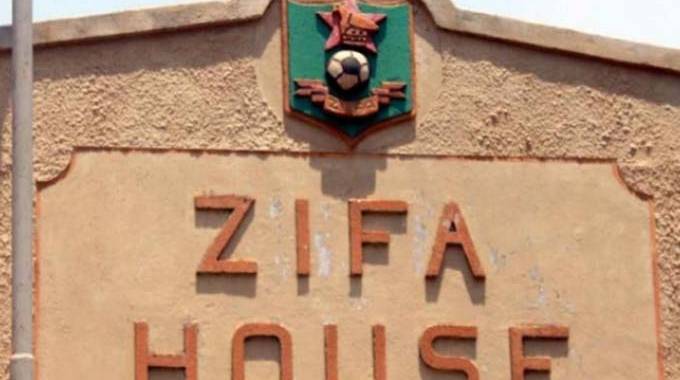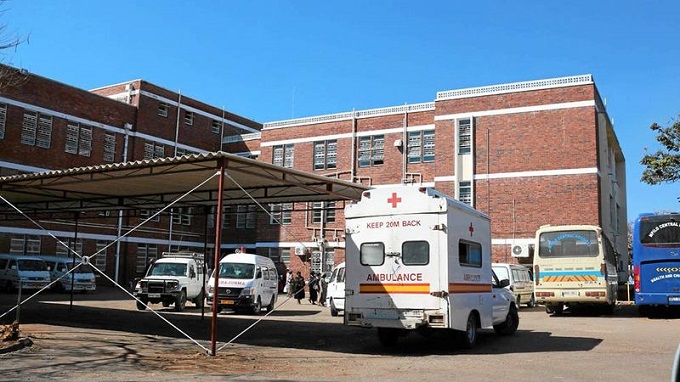Forex trading school bankrolls $50 000 programme

Oliver Kazunga, Acting Business Editor
FOREX Trading School Africa will this year bankroll a $50 000 mentorship programme aimed at empowering potential entrepreneurs across the country with online foreign currency trading skills.
The school was built in Bulawayo in 2016.
In an interview, the school’s chief trading officer Mr Kuda Manzanga said their mentorship programme begins in Bulawayo at the end of the month and those who attend the course will be paid $50 each.
A similar programme will also begin in Harare early next month.
“We built the school in two phases, the second phase is what we have just finished now and what we are trying to do is to create an environment where people can trade.
“We are offering courses in trading for free because we don’t want people to feel like we built this place to take money from them,” he said.
The $50 000 mentorship programme was in Real Time Gross Settlement (RTGS).
“In addition to the mentorship programme being free, this year we are paying you to attend so we give each person $50 for coming to the course.
“The $50 will be going into the trading account, basically it’s like a working capital. The training will be held during weekends,” he said.
He said those who show potential during the training will then be given US$500 vouchers each to trade with.
Mr Manzanga said with the US$500 voucher they were trying to give the potential trader a nice starter package to trade before switching to having a Nostro account. The mentorship programme targets 300 people and so far over 250 have registered in Harare and Bulawayo.
Mr Manzanga said the training was meant to equip forex traders with the requisite skills.
“Right now we have guys who are in their 20s who are making $3 000 a month and are now able to pay their own fees at tertiary institutions.
It’s really lucrative but it takes time to impart the skills. It’s some sort of mentorship, which requires one to go through a phased period where people are developed before they eventually emerge as a profitable traders who then also develop others,” said Mr Manzanga.
Since its inception, the school has trained more than 800 people across the country, with the success rate not exceeding 10 percent.
Most of the people who have been trained at the school are above 40 years of age and were looking at something to fall back on when they retire from formal employment.
The school is also targeting the youths so that they become empowered.
Asked the difference between online foreign currency trading and crypto currency, Mr Manzanga said:
“Unlike with crypto currency, it is a token that you buy and keep it, and if you keep it forever it doesn’t stop international trade. The currency markets are unstoppable and what you can regulate maybe is the outflow of money to fund your accounts.”
He said the Forex Trading School Africa has engaged the Government seeking support for a Special Economic Zone status to allow authorities to monitor and regulate activities within the sector.
“I have submitted a proposal to the Ministry of Finance and Economic Development and I’ve also spoken to the social cluster in Vice President Mohadi’s Office (Kembo) and they promised to support us.
“Industry and Commerce Deputy Minister Honourable Raj Modi has in fact paid a visit to the school and pledged Government support. We are hoping they are coming for the launch of the Forex Traders Association at the school on the 26th of January,” he said.
— @okazunga.












Comments